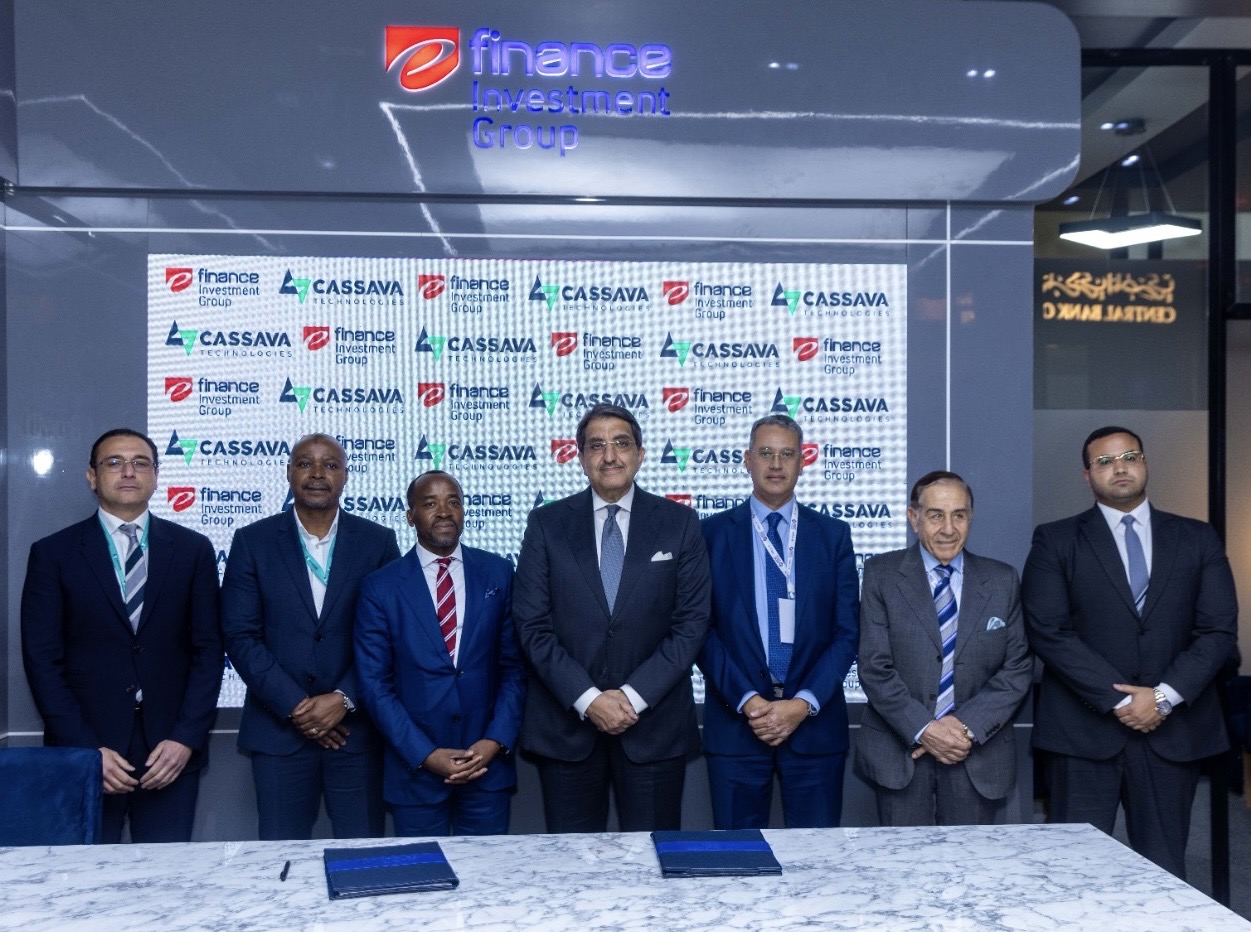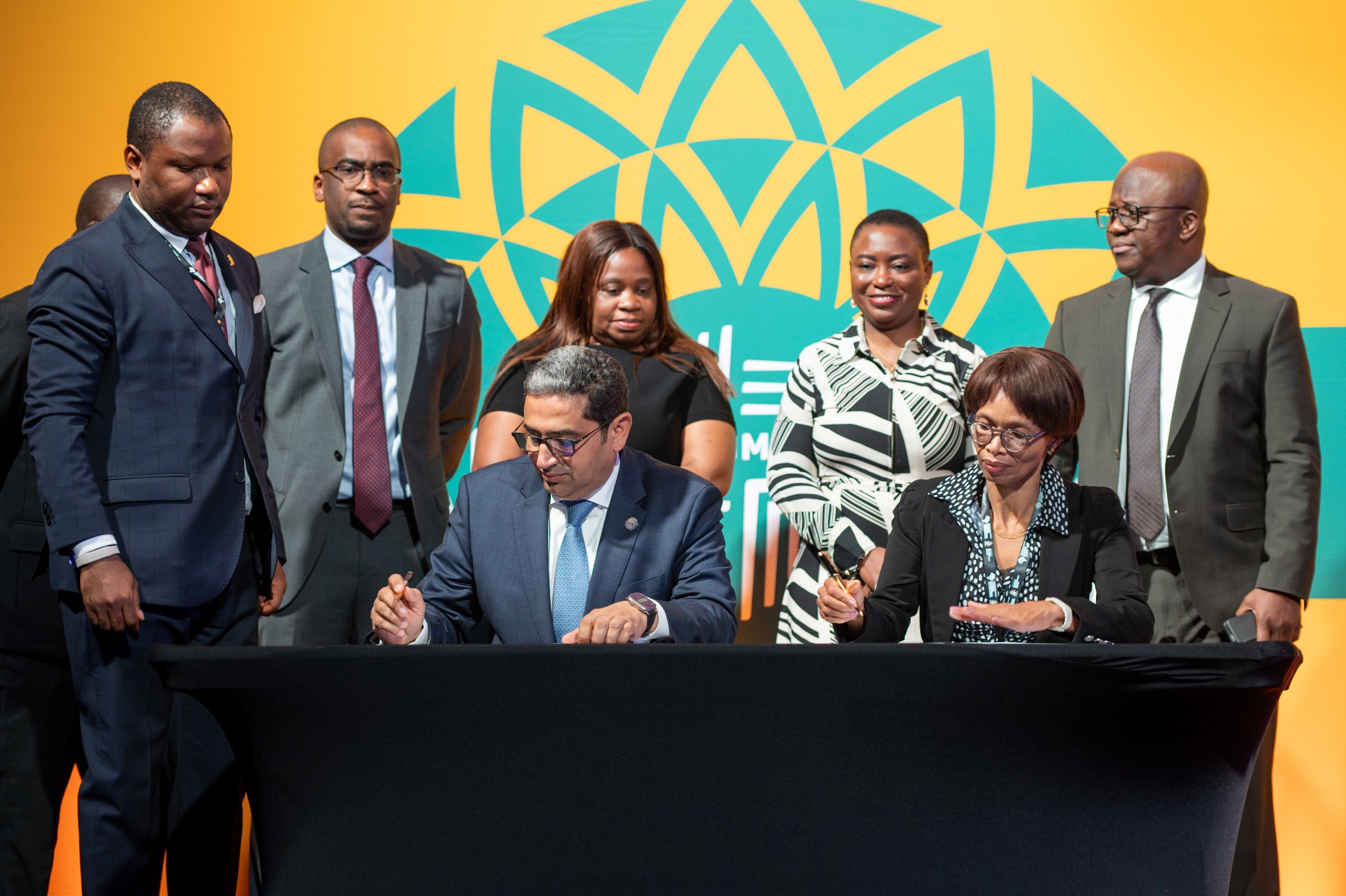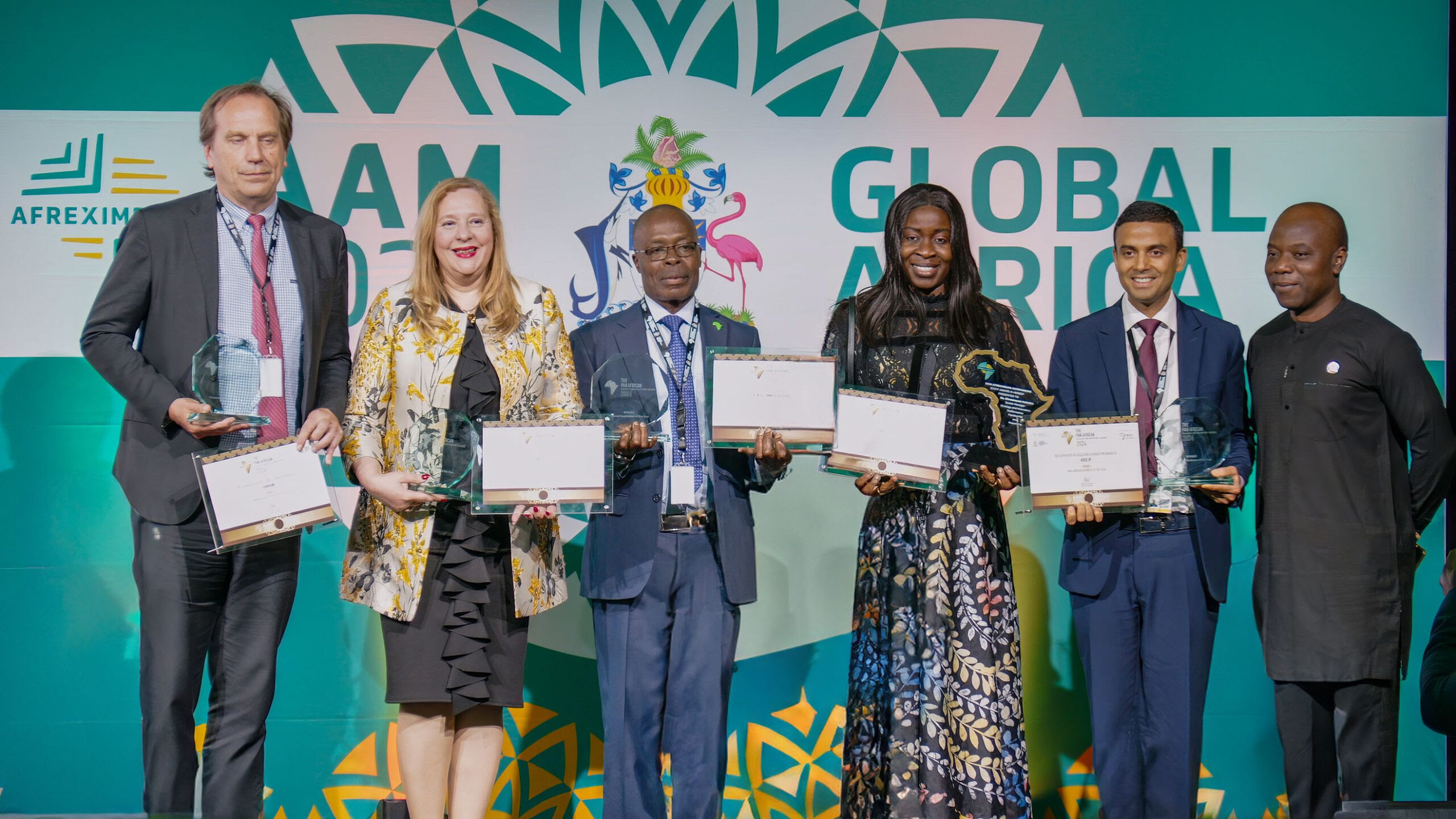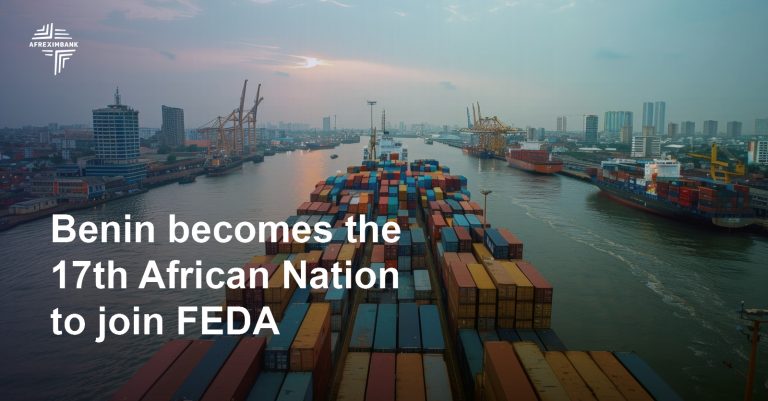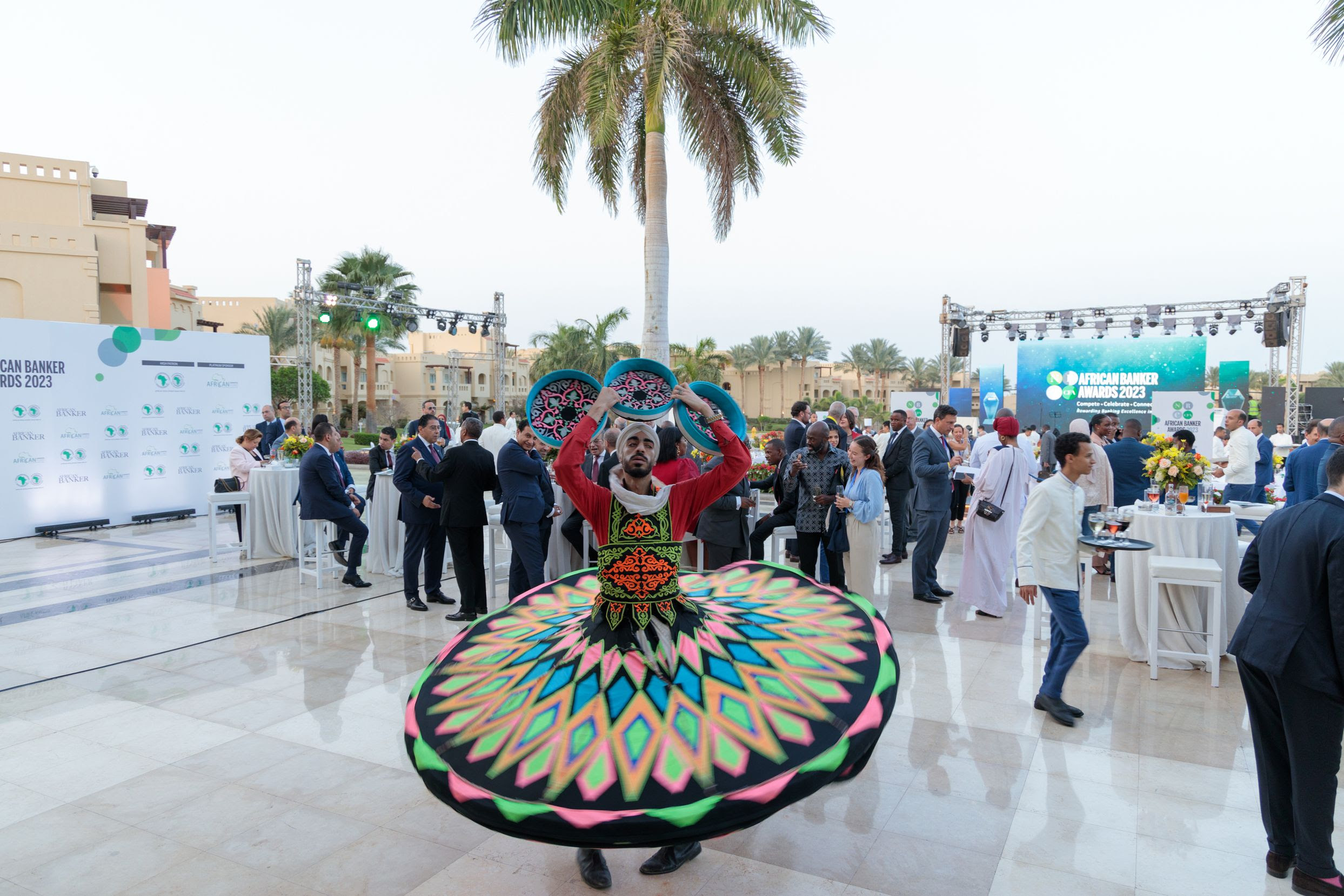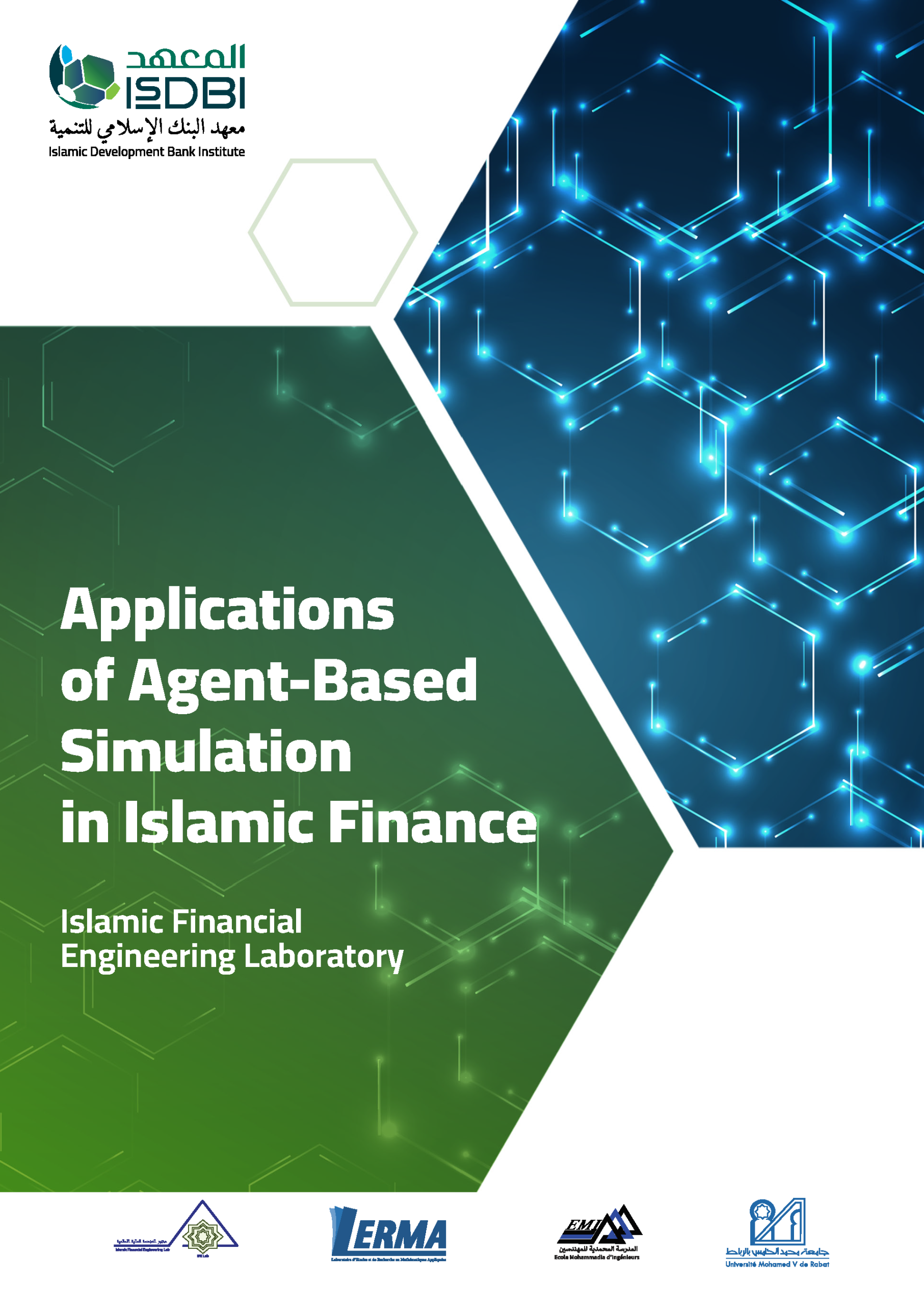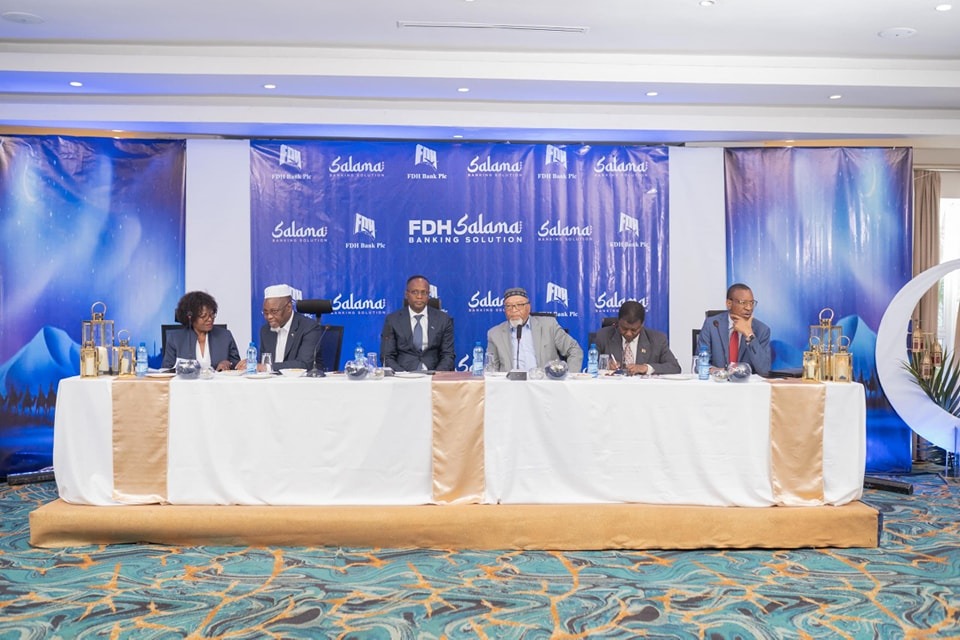CAIRO, Egypt, November 26, 2024/ — eFinance Investment Group and Cassava Technologies (www.CassavaTechnologies.com) have signed an agreement to explore and identify opportunities for collaboration and joint expansion across Africa. The signing ceremony took place during the 28th Cairo ICT Exhibition and Conference, held under the auspices of President Abdel Fattah El-Sisi.
eFinance Investment Group and Cassava Technologies plan to leverage each other’s respective strengths and experience. Cassava Technologies will bring its extensive African footprint, infrastructure, and continental experience, whilst eFinance will bring its strong market presence and reputation as Egypt’s foremost leader in digital transformation.
This collaboration aims to introduce innovations to the Egyptian market, drawing on eFinance’s robust presence and trusted reputation and Cassava Technologies’ pan-Africa reach and global partnerships.
Cassava Technologies, headquartered in the UK, is a global technology leader of African heritage, with presence across Africa, the Middle East, Latin America and the United States of America. Its portfolio includes fiber broadband networks, satellite communications, data centers, renewable energy solutions, financial technology, digital platforms, artificial intelligence, as well as cloud and cybersecurity services.
e-finance Investment Group is a developer of digital payments infrastructures that was established in 2005 to develop the Government of Egypt’s financial network. Over the course of nearly two decades, the Group has penetrated all corners of Egypt’s digital market and transformed itself into a leading technology-focused investment firm.
With a dynamic business model and a flexible organizational structure, e-finance is able to focus on multiple target markets through its subsidiaries and maximize its ability to unlock value in the digital payments space.
The Group boasts a portfolio of subsidiaries that has enabled e-finance’s growth across multiple markets, unlocked synergies across its business lines, and enabled digital transformation for various strategic sectors throughout the nation to support the development of Egypt’s digital economy and drive towards financial inclusion.
Ibrahim Sarhan, Chairman and CEO of eFinance Investment Group, expressed his pride in partnering with Cassava Technologies, a global leader renowned for its extensive technological solutions and infrastructure across Africa.
He emphasized that this collaboration represents a significant milestone in offering a unique range of joint services across the African continent, with a particular focus on the Egyptian market, where eFinance continues to lead the digital enablement for financial access across various industries and sectors.
According to Hardy Pemhiwa, President & Group CEO of Cassava Technologies, “eFinance has a track record of success in driving digital transformation in Egypt which is truly commendable.
This collaboration between Cassava Technologies and eFinance Group will accelerate the adoption of digital solutions in Egypt and the MENA region. eFinance’s experience across key sectors in Egypt make them an ideal partner for us as we expand our presence in Egypt and the region. This partnership further enhances our ability to deliver on our vision of a digitally connected future that leaves no African behind”.
